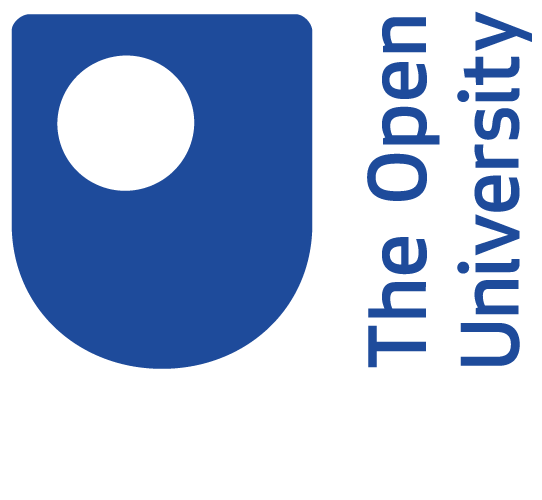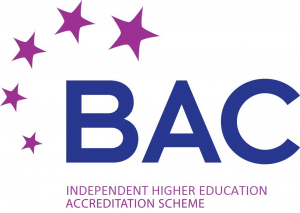Term 1
British Islam Today
Adopts a historical approach by initially outlining the recent history of the British Muslim community and looking at early migration, the building of mosques, the Rushdie affair, the Northern riots of 2001 and the turn towards engagement. This is then followed by a series of classes which consider educational, health and employment outcomes and their effects on parts of the community.
Introduction to the Social Sciences
Introduces some major areas of the social sciences and enables students to apply them critically both to the situation of the Muslim community and to wider debates about religion and society. The course includes economics, sociology, anthropology and psychology and addresses their strengths and weaknesses in helping to understand social problems.
Introduction to the UK State
Introduces the various facets of the UK state, including an explanation of the parliamentary system, the courts, local government, social services, policing services and the health service. The module introduces the core functions of each part of the state and the organisations that deliver these functions. It also describes how personnel are employed in these organisations including at senior level and what outreach or participatory functions are required of these organisations.
Introduction to World History
Introduces the development of major world civilisations and the main trends of world history. Although this module naturally does not cover the details of events, it provides an overall appreciation of the chronology of human history as well as addressing theories of the development and interaction of civilisations over time.
Introduction to World Religions
Presents a general understanding of the major faiths and methods of religious dialogue appropriate to respectful, constructive and honest interaction. This course focuses partly on the religious history of Britain as the context for these questions.
Islamic Counselling
Introduces the theory and practice of counselling and dispute resolution with reference to Islamic models of addressing mental illness, distress and conflict. Students learn how to apply these methods and also when and how to seek further support to help those in need of advice or treatment.
- The Learning Outcomes for Term 1 modules can be found here.
Term 2
Effective Community Leadership
Introduces the main dimensions of community development with specific reference to the Muslim Community. This includes the role of the Imam and the characteristics of a good community leader, the importance of relationality and examples of good community development. The module will also cover regulatory matters and styles of leadership that are effective in community organisation and development.
Introduction to Western Intellectual History
Covers the main trends of ‘Western’ thought from Ancient Greece to postmodernity. The aim is to help students gain a critical understanding of the intellectual background of the 21st century. Particular reference will be made to the points of convergence and divergence with the intellectual history of Islamic civilisations.
Islam and Religious Pluralism
Introduces and analyses normative Islamic understandings of religious pluralism. Beginning with a survey of how Muslim scholars have interpreted the canonical sources relating to non-Muslims, it also presents examples of how Muslims have historically organised themselves in multi-religious and multi-cultural societies.
Modern British Political History
Covers the rise and fall of the political parties through the 19th and 20th centuries. This includes the rise of the Whigs and the Tories in the 19th century, the arrival of the Labour Party in the 20th century and the decline of the Liberal party. The post-war era moves from Churchill to the recent coalition Government as a means of understanding current British politics.
Introduction to Science
This course covers the history of science and introduces the students to the development of and recent advances in science. This is achieved through examining the developments and advances in the physical sciences, life sciences and the medical sciences.
Modern Muslim History
Presents the major events and trends of the last two centuries with a focus on understanding contemporary debates surrounding religion, state and political participation in the Muslim world. Students will analyse the shaping of the Muslim world during the colonial period and the impact of reformist thinkers whilst relating these to the contemporary situation of the Muslim world, including the rise of the modern Islamic movements.
- The Learning Outcomes for Term 2 modules can be found here.
Term 3
Islam and Gender
Analyses approaches to gender within traditional Muslim scholarship, referring to historical examples and contemporary questions about gender roles. The course encourages students to relate these theoretical considerations to social problems affecting the Muslim community today, such as domestic violence, forced marriage and increasing rates of divorce.
Modern British Intellectual History
Covers the key intellectual movements of the 19th and 20th centuries. It includes an examination of 19th century Romanticism, the rise of Victorian atheism, Anglican intellectuals of the early twentieth century and the emergence of the public intellectual in general. The module aims to give students an understanding of the major intellectual currents that have shaped modern Britain.
Modern Religious Thinkers
Introduces the main trends and figures in recent Western theology, examining the notion of a public theologian and how it differs from the Islamic classical roles of a scholar. Various Western theologians are considered, together with their responses to challenges from the Enlightenment and modernity. Figures discussed include Hans Kung, Martin Buber, Richard Niebuhr and Paul Tillich.
Religious Ethics in the Modern World
Analysing contemporary questions of scientific innovation, climate change and ethics, this module aims to view these issues through an engagement with Islamic thought and jurisprudence. Students will relate the concepts of ijtihad and fatwa, together with Islamic legal experts, to examine these contemporary discussions.
Sacred Art and Architecture
Introduces students to the history and meaning of sacred art. Within a comparative framework, particular attention is paid to Islamic art and Islamic theories of aesthetics.
Islam and Education
This course begins by exploring the theoretical basis for formal education and addresses the question of why there is so much emphasis on education in Islamic thought. It then surveys the historical development of education both within the Muslim world and in the west drawing on both the politics and the philosophical and theoretical movements. Following this contextualising discussion there are a number of seminars addressing practical elements of teaching including psychology, pedagogy, curriculum development, management and leadership with reference to both full time schools and evening maktabs. Finally it examines the historical development of British Muslim schools and the challenges the Muslim community faces in the education of their children whether they use Muslim schools or the mainstream state funded institutions.
- The Learning Outcomes for Term 3 modules can be found here.






